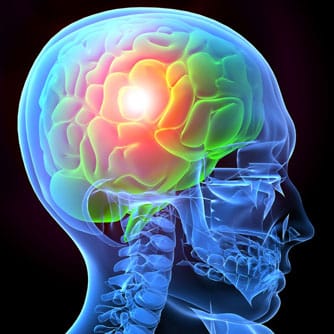Mauro Costa-Mattioli, of Baylor College of Medicine (Texas, USA), and colleagues have discovered that by suppressing the molecule known as PKR (the double-stranded RNA-activated protein kinase) in the brains of mice, the animals learn and remember better. PKR has originally described as a sensor of viral infections, with levels of it becoming elevated during viral infections. The researchers discovered that mice lacking PKR in the brain have a kind of “super” memory. When the team assessed spatial memory (the memory for people, places and events) through a test in which mice use visual cues for finding a hidden platform in a circular pool, they found that normal mice had to repeat the task multiple times over many days in order to remember the platform’s location. By contrast, mice lacking PKR learned the task after only one training session. The researchers found that the process could be mimicked by a PKR inhibitor, suggesting future opportunities to develop a memory-enhancing pill, with the study authors submitting that: [this] presents a promising new target for the treatment of cognitive dysfunction.”
Coming Soon: Memory Boosting Pill
Ping Jun Zhu, Wei Huang, Djanenkhodja Kalikulov, Jong W. Yoo, Andon N. Placzek, Mauro Costa-Mattioli, et al. “Suppression of PKR Promotes Network Excitability and Enhanced Cognition by Interferon-gamma-Mediated Disinhibition.” Cell, 147(6) pp. 1384 – 1396; 9 December 2011.
RELATED ARTICLES




